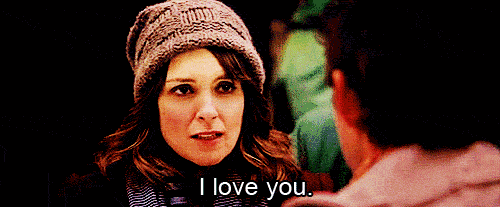Hello, friends. I want to talk about something from Stranger Things 4 that is brilliantly done. And that’s a Star Wars reference.
There are a lot of iconic quotes from Star Wars (and I mean the whole shebang, not just A New Hope). “Use the force, Luke.” “Luke, I am your father.” “I love you.” “I know.” “Do or do not. There is no try.”
People use these to varying effect, with varying degrees of acknowledgement. Sometimes it’s hackneyed, though I can’t think of any examples right now.
Sometimes it’s brilliantly used to reveal character, like in 30 Rock:

Liz says, “I love you,” Criss says, “I know,” Liz says, “You Solo’d me,” and then you’re certain that this is a love that will last.
But in this case, not only is this a Star Wars reference, it is a Star Wars reference that is then diegetically marked as a Star Wars reference.
Star Wars is 45 years old. It’s hard to make a Star Wars reference feel fresh. But Stranger Things 4 does, and here’s how (spoilers!):
This beautifully mimics this scene from The Empire Strikes Back:
The 20-to-1 odds of rolling a 20 on a 20-sided die make it line up extra beautifully with Han Solo’s odds of 3,720-to-1.
“Never tell me the odds” is something that most Star Wars fans will recognize as a reference, but in Star Wars it isn’t said with the gravity of so many of those other commonly known phrases. It’s something that people who like Star Wars okay, or are dimly aware of it, aren’t super likely to recognize. And it’s something that doesn’t take you out of the flow of the scene in Stranger Things. We’re not stopping the action to make a Star Wars reference: we’re making a Star Wars reference in much the way actual D&D players do, in the context of the actions surrounding the game.
I think this is probably now my favorite use of a Star Wars reference. Sorry, 30 Rock.